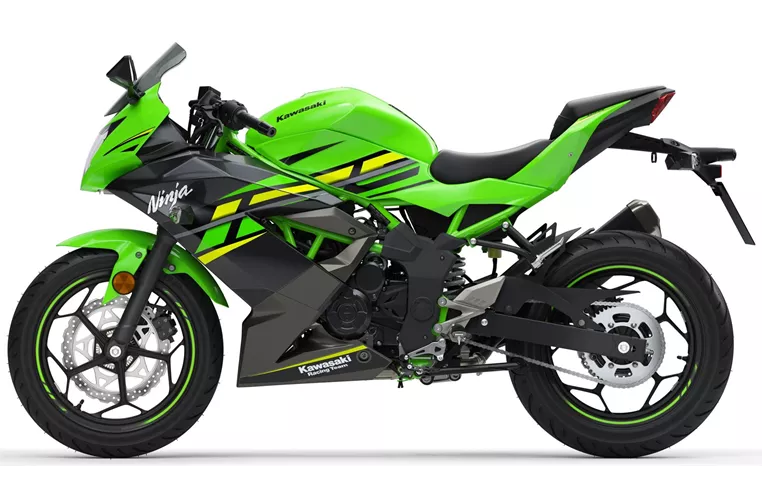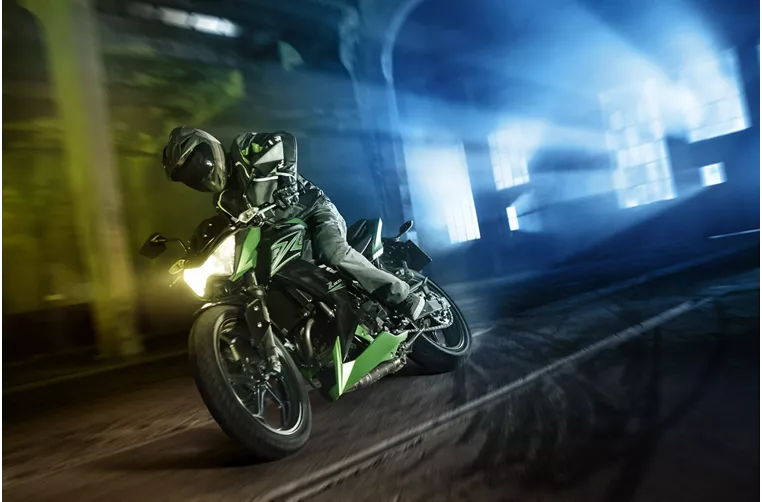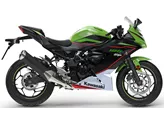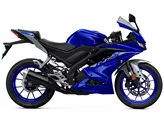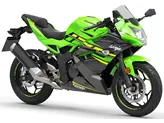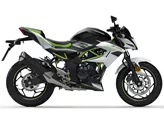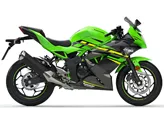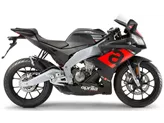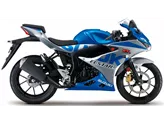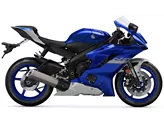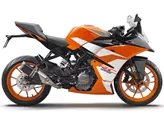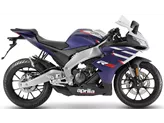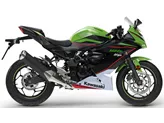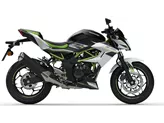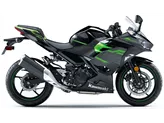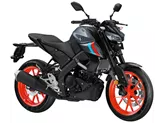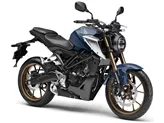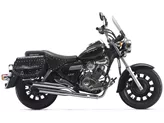Kawasaki Ninja 125 2020 vs. Kawasaki Z 300 2016
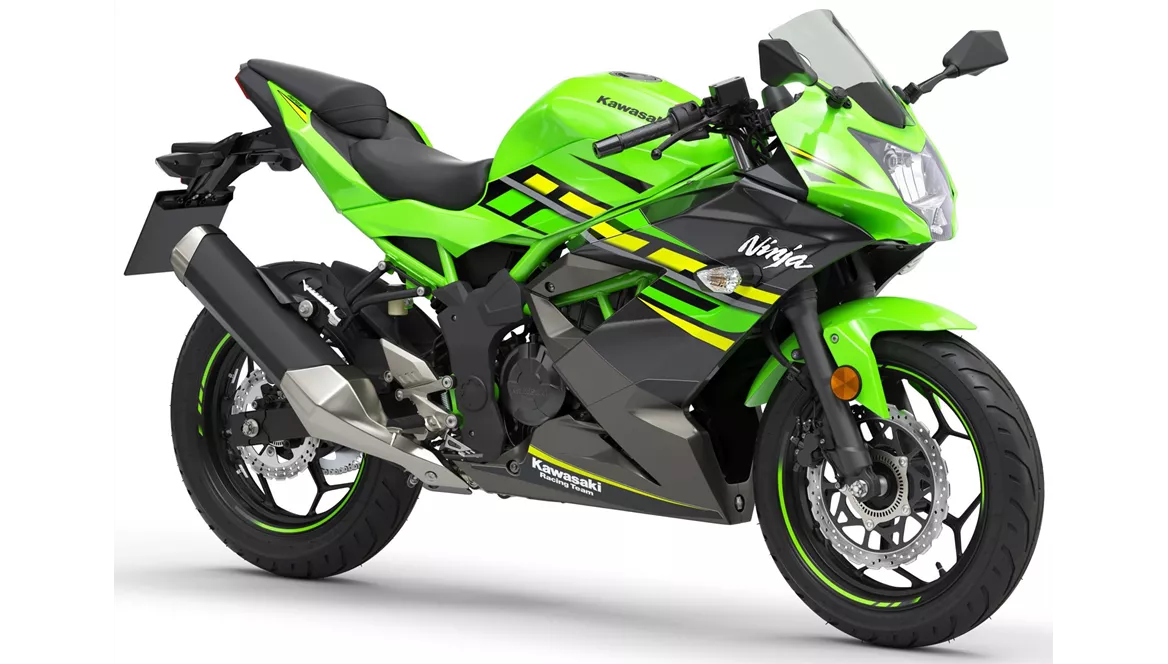
Kawasaki Ninja 125 2020
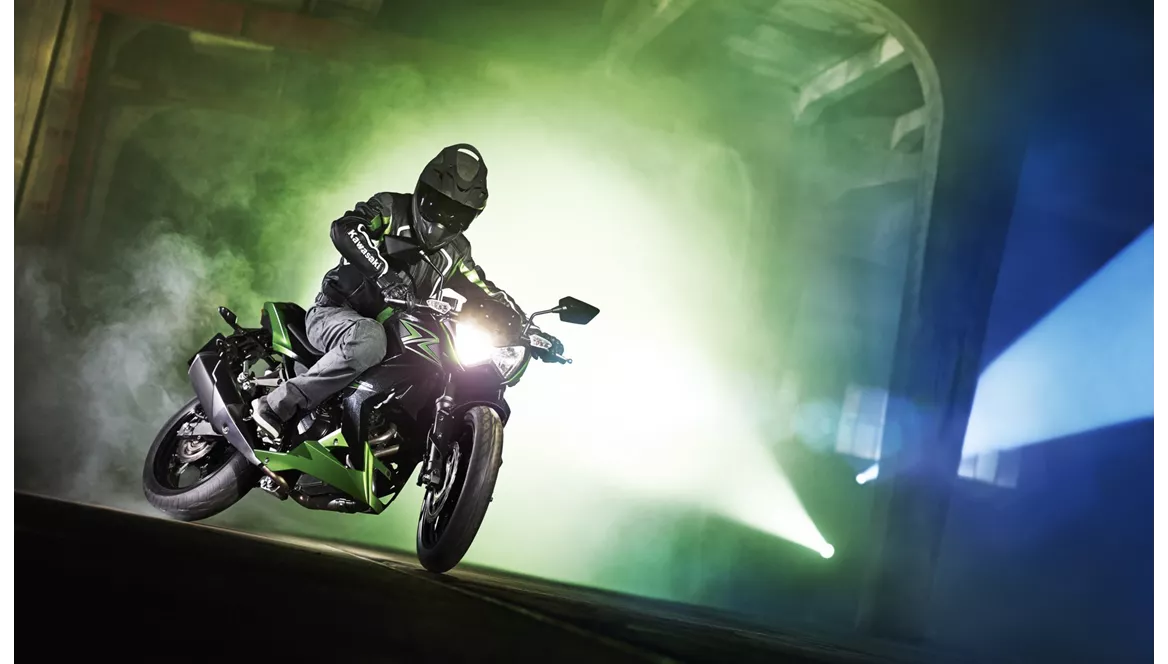
Kawasaki Z 300 2016
Overview - Kawasaki Ninja 125 2020 vs Kawasaki Z 300 2016
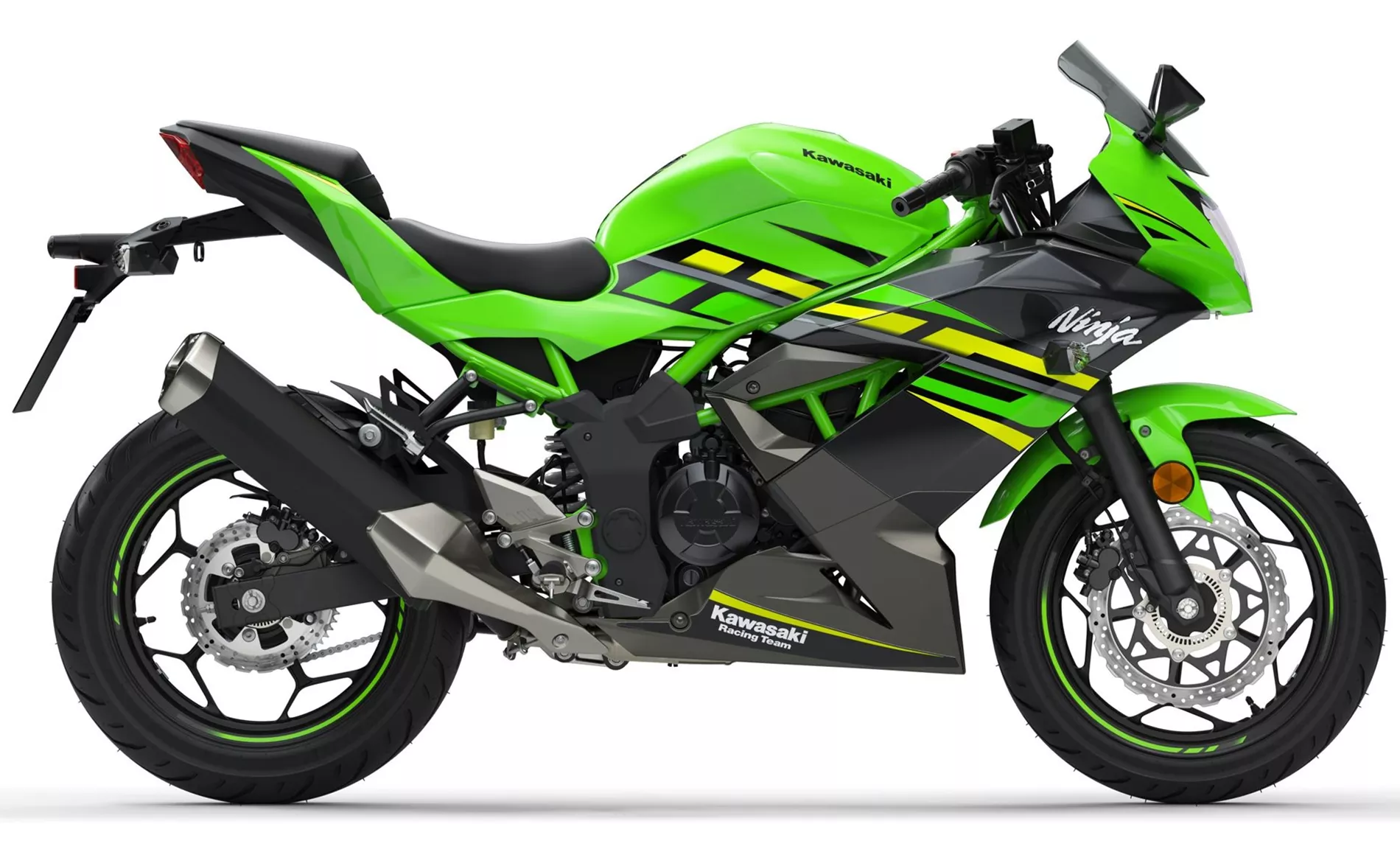
Kawasaki Ninja 125 2020
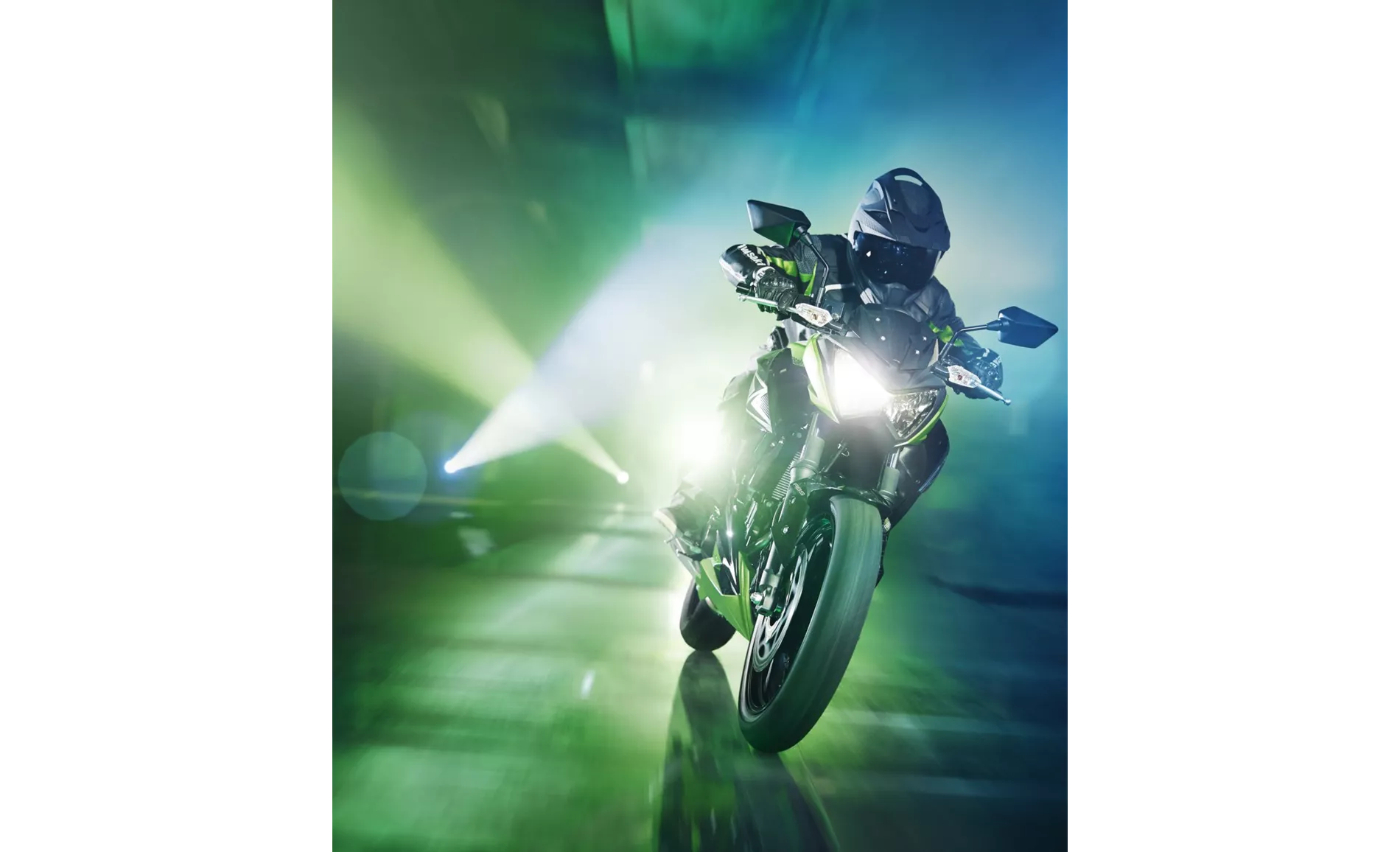
Kawasaki Z 300 2016
Technical Specifications Kawasaki Ninja 125 2020 compared to Kawasaki Z 300 2016
Pros and Cons in comparison
Pros and Cons in comparison
Kawasaki Ninja 125 2020
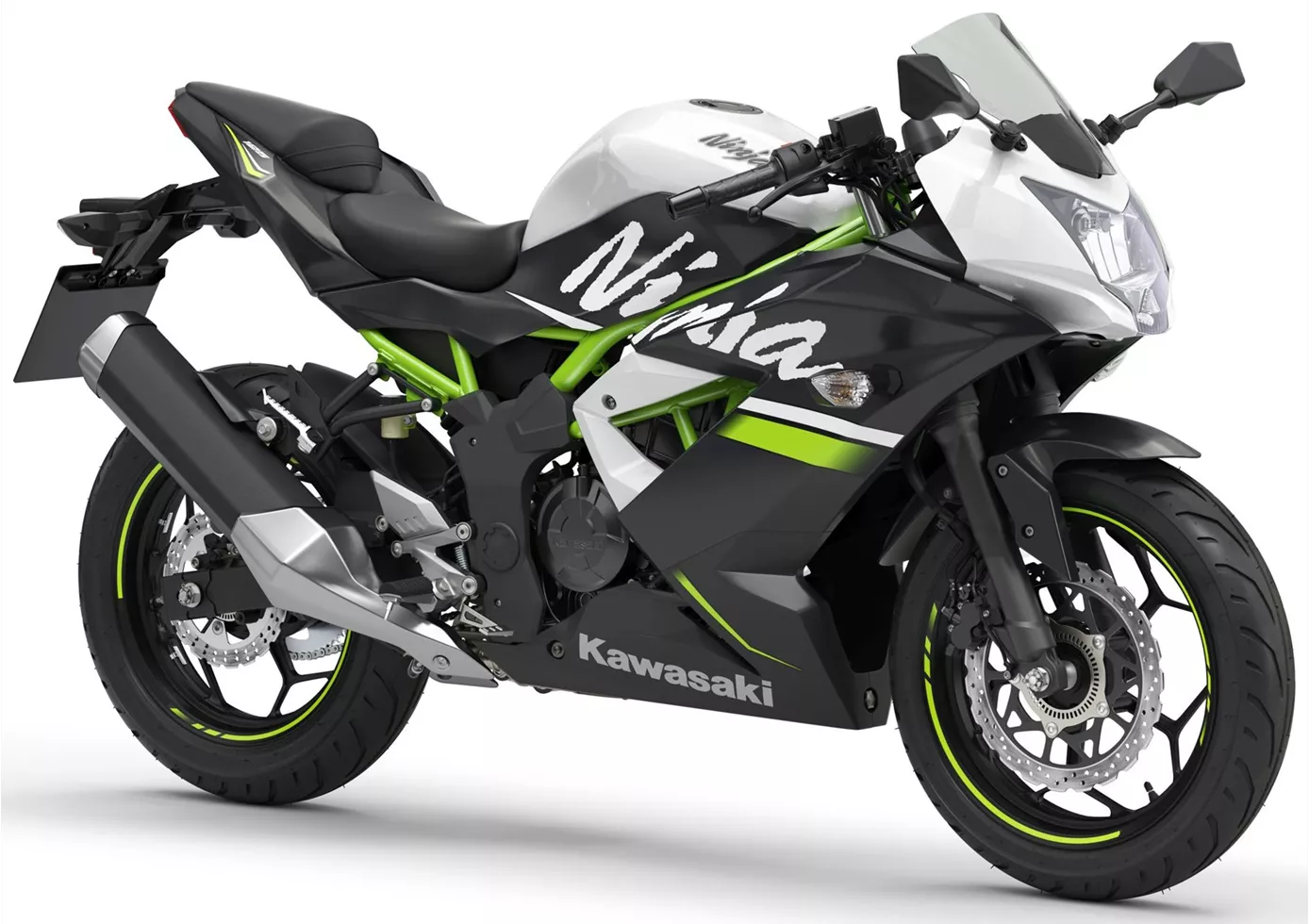
Unfortunately, our editors did not test this model.
Kawasaki Z 300 2016
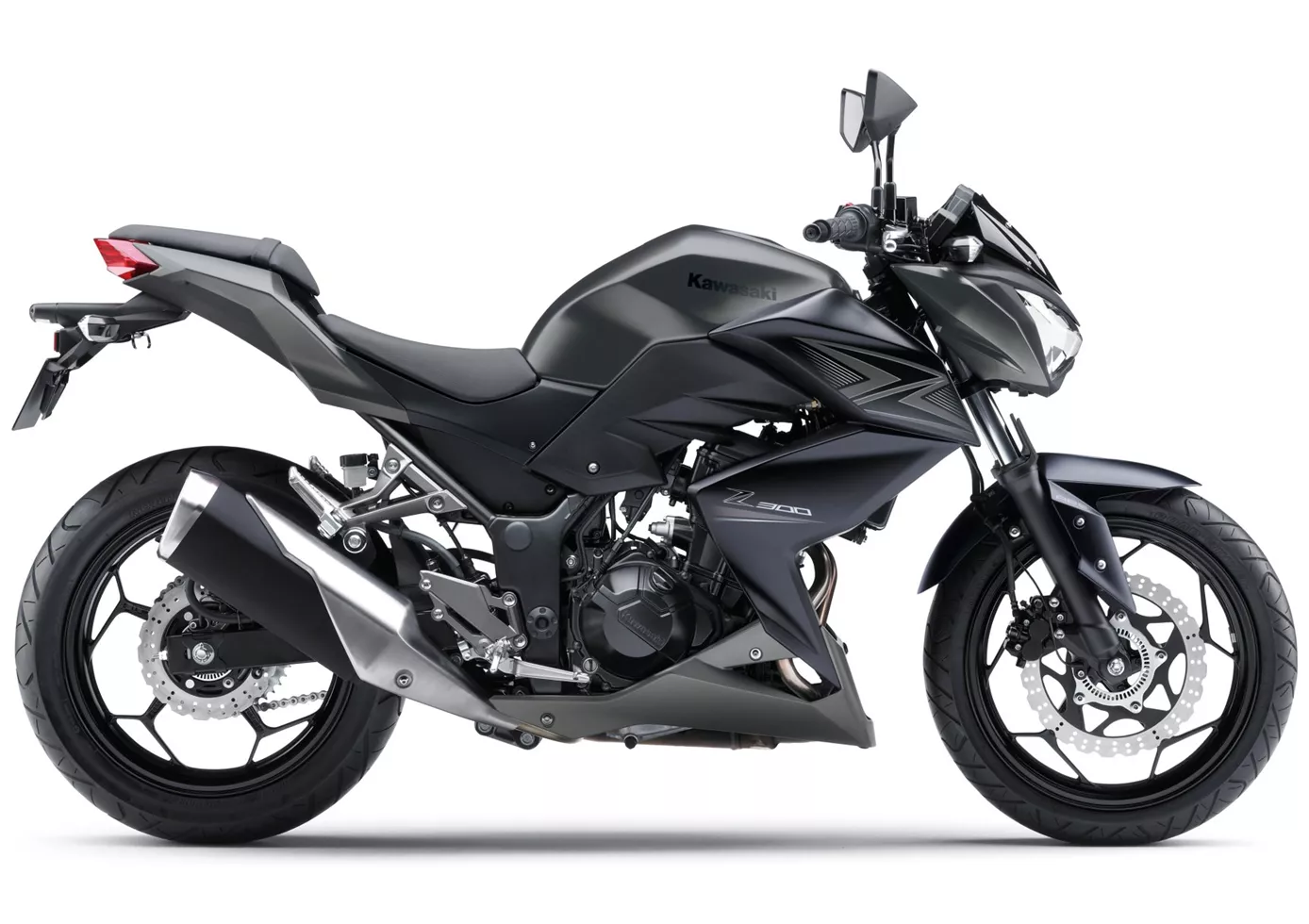
The cool design of the Kawasaki Z300, which is extremely similar to that of its big sister Z800, makes it a very grown-up-looking motorbike. The stable braking system and the easy-to-read cockpit with an analogue rev counter and all the necessary features fit in very well with this image. Thanks to the 170 kg ready-to-ride weight, the bike is extremely easy to handle and playful. The engine only reveals its potential in the upper rev range, but revs up willingly and makes you want to ride in a sporty manner. Only the comfort-oriented chassis cannot quite cope with radically sporty demands - but this is quite legitimate and understandable for an entry-level motorbike.
